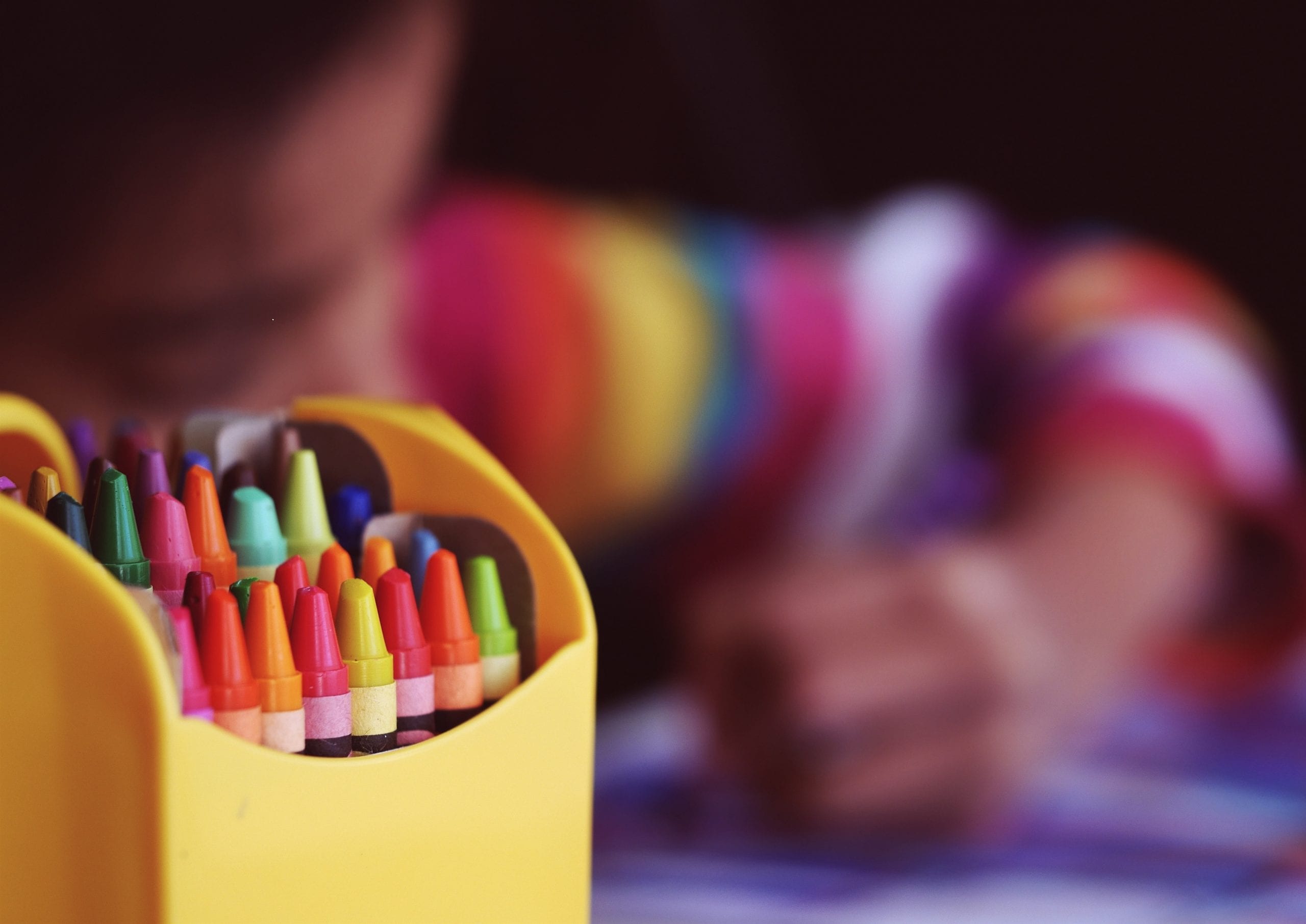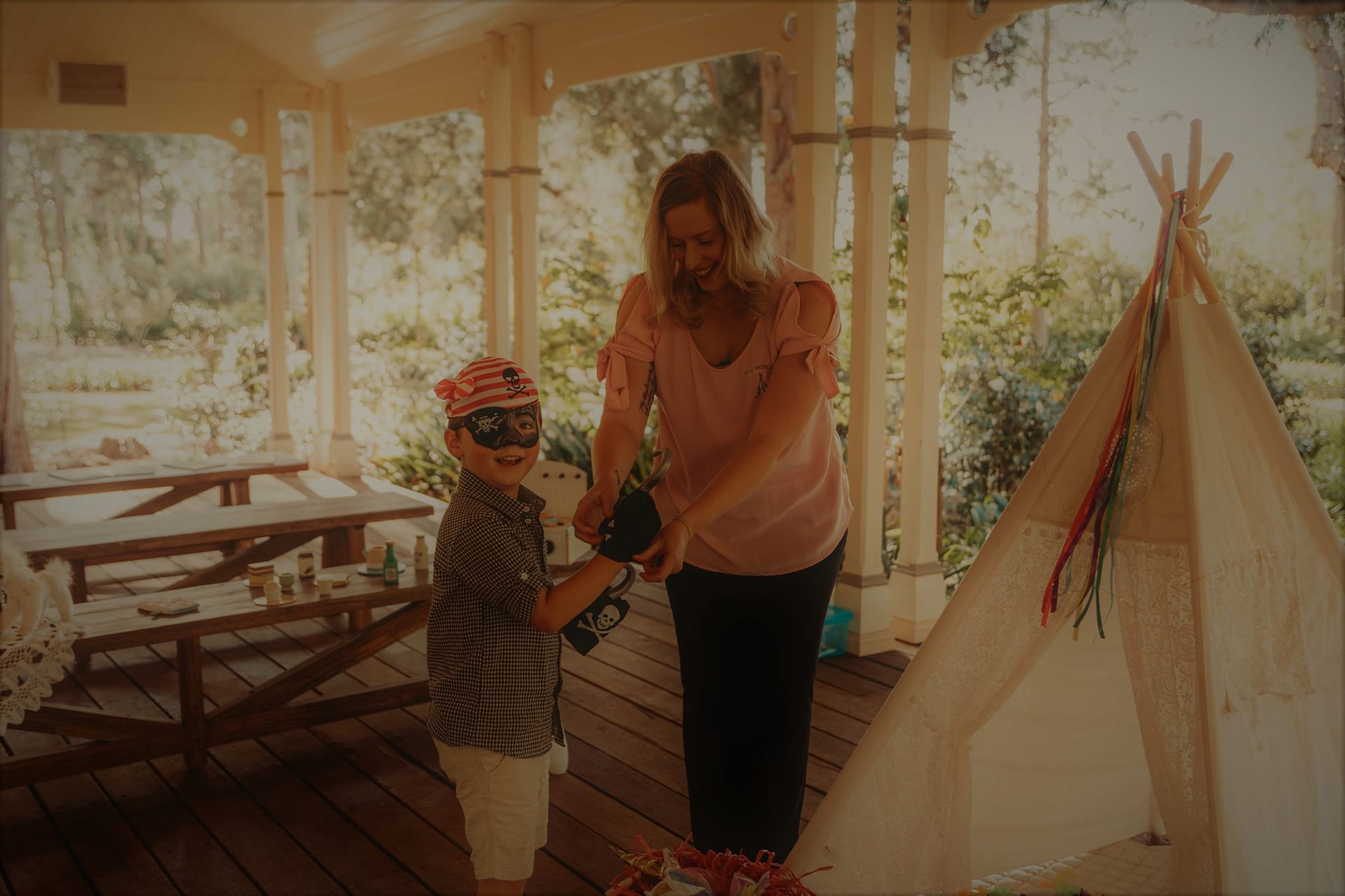- Experience: Look for a babysitter who has experience caring for children of similar age to your own. This will ensure that the babysitter has the knowledge and skills necessary to take care of your child. Parents should also look for a babysitter who has experience with children who have special needs, such as allergies or medical conditions, if that is applicable to their child. A babysitter who has experience with children of similar age will be able to anticipate their needs and provide appropriate activities and care.
- Responsiveness: A good babysitter should be responsive to your needs and be able to communicate effectively. This includes being able to understand and follow instructions, as well as being able to reach the babysitter in case of an emergency. The babysitter should also be able to provide updates on the child’s well-being and any issues that may have arisen during the time they were caring for the child.
- Safety: A babysitter should be aware of safety precautions and know how to handle emergency situations. This includes knowing how to properly supervise children to prevent accidents, as well as knowing how to handle emergencies such as fires, medical issues, or natural disasters. A good babysitter should also be aware of the child’s allergies, medical conditions and any specific safety instructions provided by the parents. A babysitter should have the knowledge of basic first aid and CPR in case of emergency.





Leave A Comment